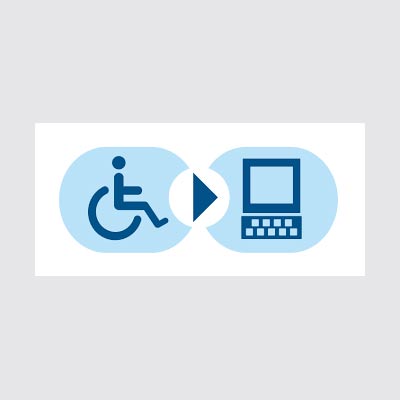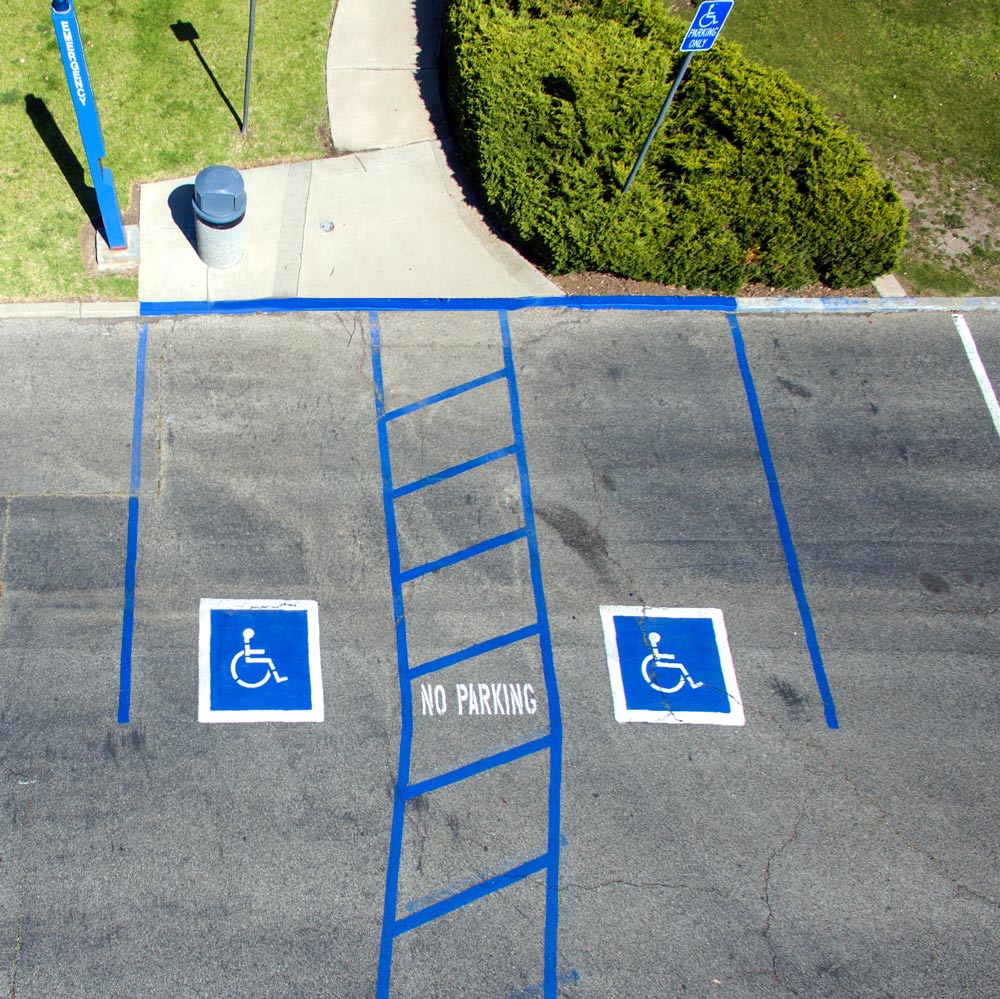Accessibility Cases under the Americans with Disabilities Act of 1990
DEFENDING PROPERTY AND BUSINESS OWNERS FROM ACCESSIBILITY CLAIMS
Under Title III of the Americans with Disabilities Act of 1990, the property and business owner of a business open to the public cannot discriminate against people based on disability. People with disabilities are entitled to the full and equal enjoyment of the goods, services, facilities, or accommodations of any place of public accommodation by any person who owns, leases, or operates a public accommodation place. Public accommodations include most lodging, recreation, transportation, education, and dining businesses along with stores, care providers, and places of public displays. Under Title III of the ADA, "new construction" must be fully compliant with the Americans With Disabilities Act Accessibility Guidelines. Title III also has applications to facilities constructed before its implementation. Generally, if removing barriers is readily achievable (i.e., easily accomplished without much difficulty or expense), they are expected to comply with the ADA. The ADA extends to business websites and online reservation systems used by hotels and motels.

"Drive-By" and "Click-By" LITIGATION Against Businesses
 One of the consequences of this civil rights law is that there is a cadre of professional plaintiffs and their attorneys who file lawsuits against multiple places of public accommodation. The plaintiffs sue to have the court order the business and property owner to make the business ADA compliant. Generally, the relief is limited to the court entering an injunction(court order) to make the property compliant. Under the ADA, a successful plaintiff will seek an award of their attorney's fees for bringing the lawsuit., even if there are only minor or technical violations. The plaintiff does not have to give the business notice before filing suit. In South Florida, some plaintiffs have filed hundreds of lawsuits. These suits are often referred to as "drive-by litigation" because the Plaintiff drives by the place of business, looks around, and then files a claim. In many of these cases, recovery of attorney's fees is the real motivation. One federal judge has described it as a "cottage industry". With expanding the ADA to websites and online reservation systems, the ADA has become "click by litigation." Our goal is to minimize the expense to you in defending these cases and your exposure in costs for bringing the property into compliance and the plaintiff's attorney's fees. According to a recent Sun-Sentinel article, South Florida leads the nation in ADA claims.
One of the consequences of this civil rights law is that there is a cadre of professional plaintiffs and their attorneys who file lawsuits against multiple places of public accommodation. The plaintiffs sue to have the court order the business and property owner to make the business ADA compliant. Generally, the relief is limited to the court entering an injunction(court order) to make the property compliant. Under the ADA, a successful plaintiff will seek an award of their attorney's fees for bringing the lawsuit., even if there are only minor or technical violations. The plaintiff does not have to give the business notice before filing suit. In South Florida, some plaintiffs have filed hundreds of lawsuits. These suits are often referred to as "drive-by litigation" because the Plaintiff drives by the place of business, looks around, and then files a claim. In many of these cases, recovery of attorney's fees is the real motivation. One federal judge has described it as a "cottage industry". With expanding the ADA to websites and online reservation systems, the ADA has become "click by litigation." Our goal is to minimize the expense to you in defending these cases and your exposure in costs for bringing the property into compliance and the plaintiff's attorney's fees. According to a recent Sun-Sentinel article, South Florida leads the nation in ADA claims.
The Minerley Fein Way
At Minerley Fein, P.A., We have defended over a hundred businesses, including office, retail, hospitality, restaurants, and lodging, with accessibility claims against their property, websites, and online reservation systems. We have the experience to review your case, inspect your premises, website, or ORS, and advise you on how to remedy any ADA violations. We then develop the best strategy to defend the litigation or resolve it in the most inexpensive way possible, consistent with your goals. We will work with you and structure an appropriate fee arrangement for your particular situation. Minerley Fein PA wants to help you resolve your ADA problem without being part of the problem. Since 2009, Ken Minerley and his team have defended over a hundred cases. Many cases have resulted in dismissals or judgments in the business's favor without paying any fees to the plaintiff's attorney. Contact Ken Minerley to discuss your case. Your initial consultation is free of charge.
